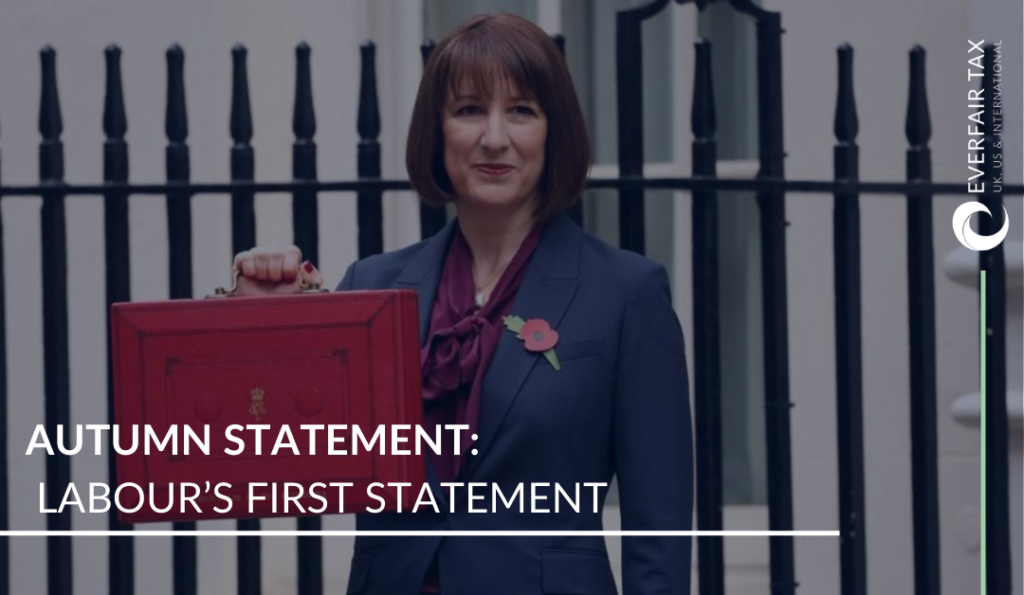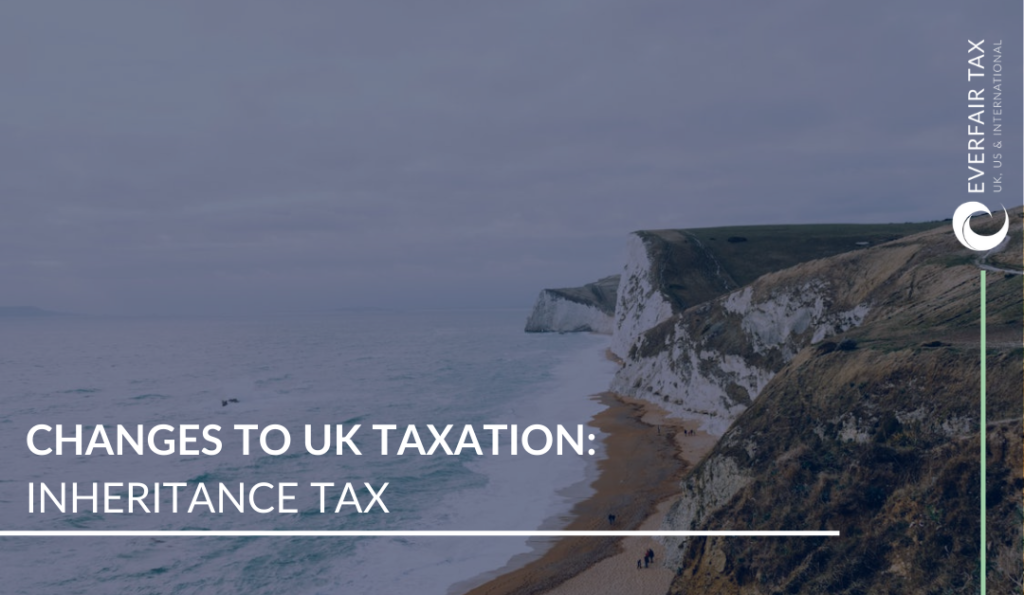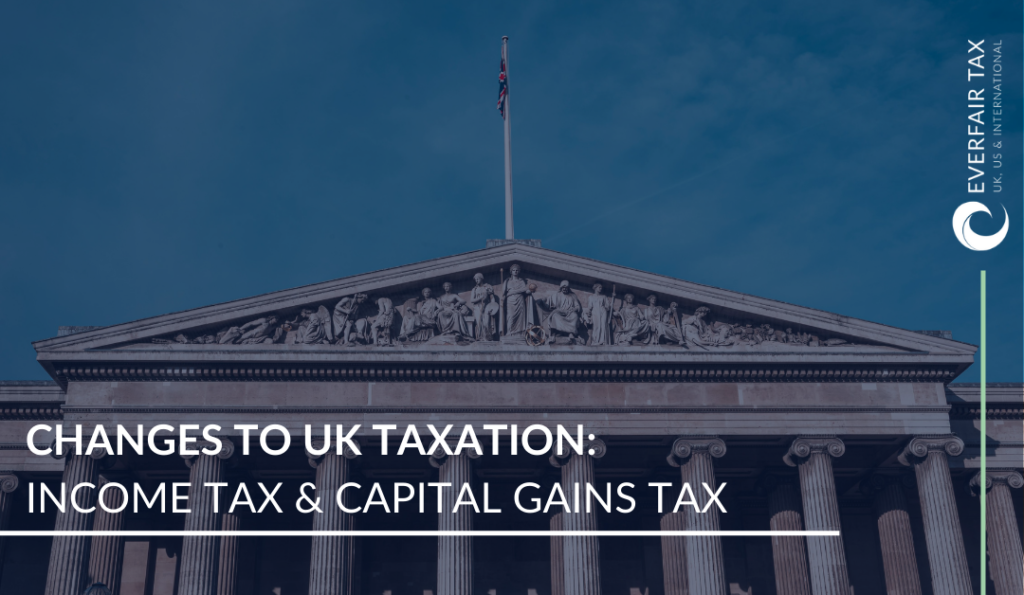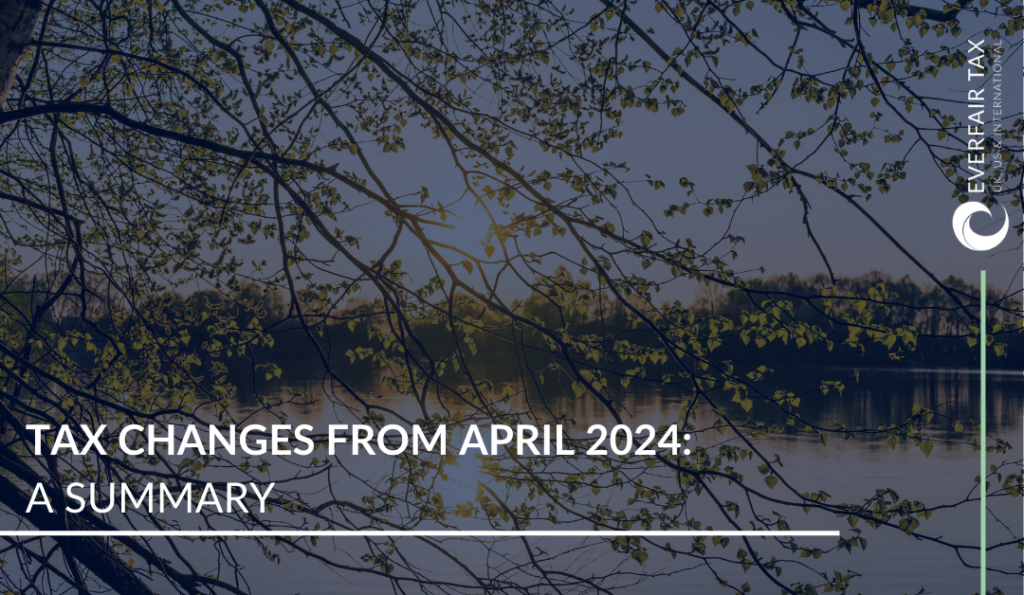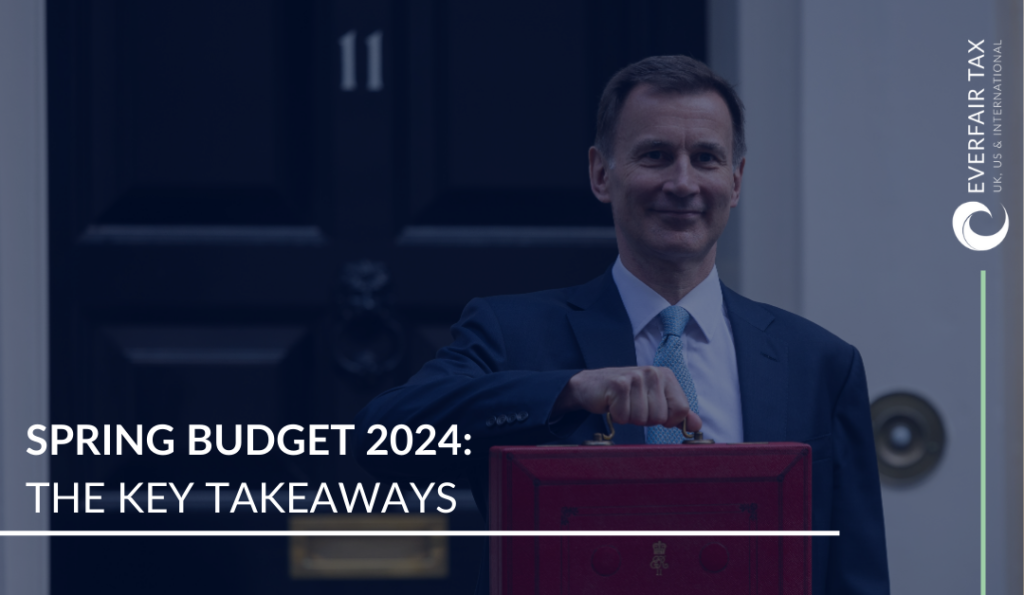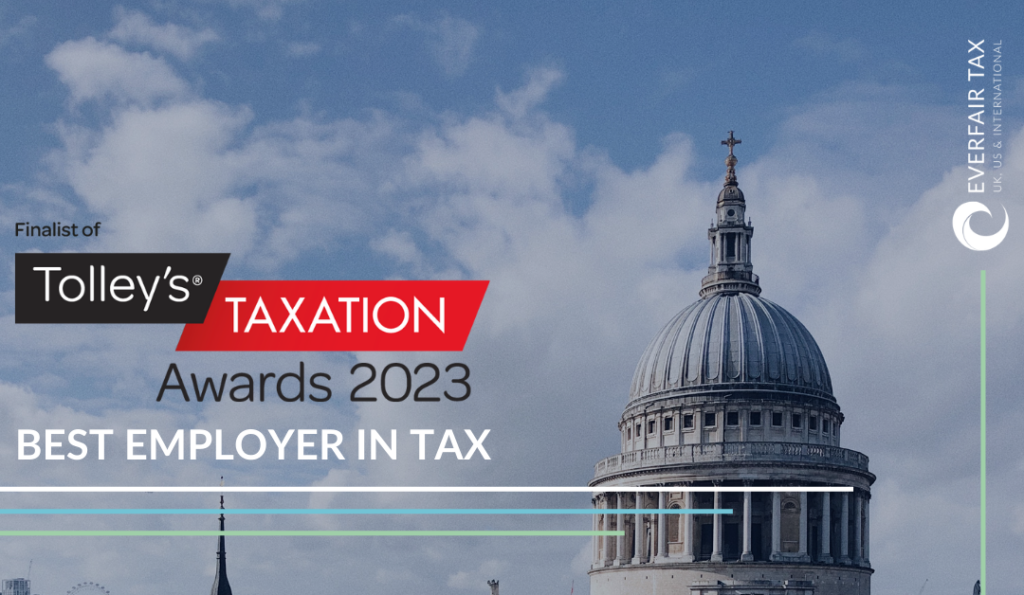Summary of Changes for Offshore Trusts
The current non-domicile tax regime, including the remittance basis of taxation, will be abolished from 6 April 2025. It will be replaced by a new “residence based” approach. This note focuses on how the changes affect offshore trusts. Separate notes consider the impact on income tax and capital gains tax (“CGT”) for individuals and inheritance tax.
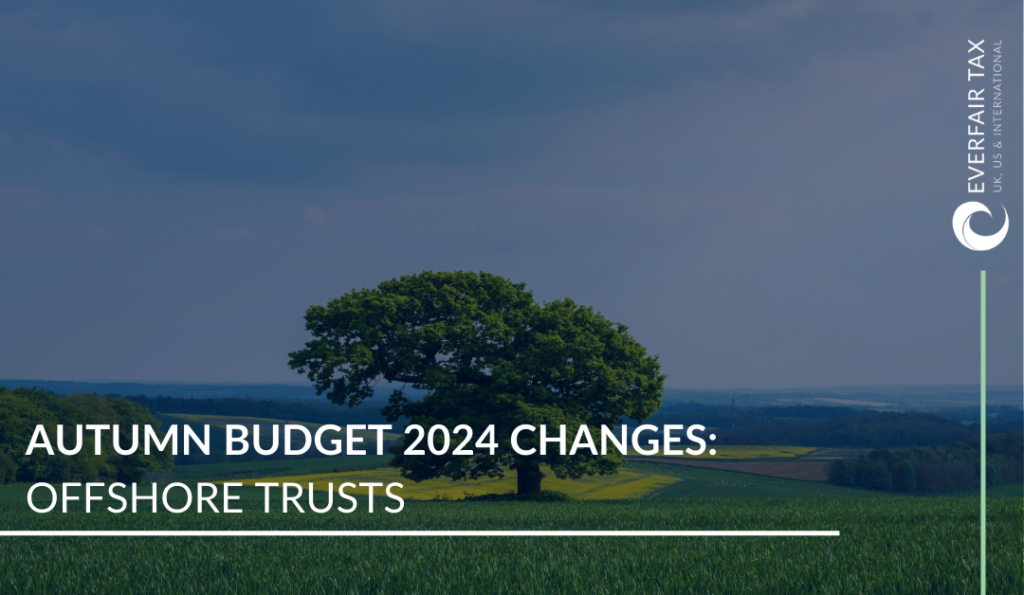
Income tax and capital gains tax for offshore trusts
The main income tax and CGT changes that affect offshore trusts from 6 April 2025 are:
- the abolishment of the remittance basis and replacement with a new system based around a four year exemption for foreign income and gains (“FIG regime”) if tax residency conditions are met;
- a three-year temporary repatriation facility (“TRF”) allowing previously unremitted income and gains to be remitted at a tax rate as low as 12%; and
- the abolishment of settlor-interested offshore trust protections.
FIG regime
The FIG regime will be able to be used to exempt foreign income and gains in the following offshore trust situations:
- Those assessed on the settlor under settlor-interested rules.
- Those matched to discretionary distributions received by settlors and beneficiaries.
- The foreign income element assessed on an interest in possession beneficiary.
Foreign income and gains received by the trust during years covered by the FIG regime may still be taxed in later years if matched to a distribution.
TRF
The TRF will be able to be used to reduce the tax on foreign income and gains in the following offshore trust situations:
- Those matched to settlors and beneficiaries pre-6 April 2025 but not taxed as a result of the remittance basis.
- Pre-6 April 2025 foreign income and gains matched to distributions received during the TRF window.
Settlor-interested offshore trust protections
Settlor-interested offshore trust protections currently mean that, where certain conditions are met, settlors are only assessable on foreign income and gains when distributions are received. The abolishment of these protections will mean that the settlor of such a trust will become liable to all income and gains of such trusts as they arise. The settlor will, however, be able to recover the tax from the trust.
- For settlor-interested trusts, gift with reservation of benefit rules will also apply meaning that the non-UK assets are also included in the settlor’s estate while they are a long-term resident (though there are exceptions to this for trusts which were excluded property trusts on 30 October 2024).
- There will be an additional test for certain interest in possession trusts based on the beneficiary’s long-term residence position such that the trust will be exposed to IHT on non-UK assets whenever either the settlor or beneficiary are a long-term resident.

